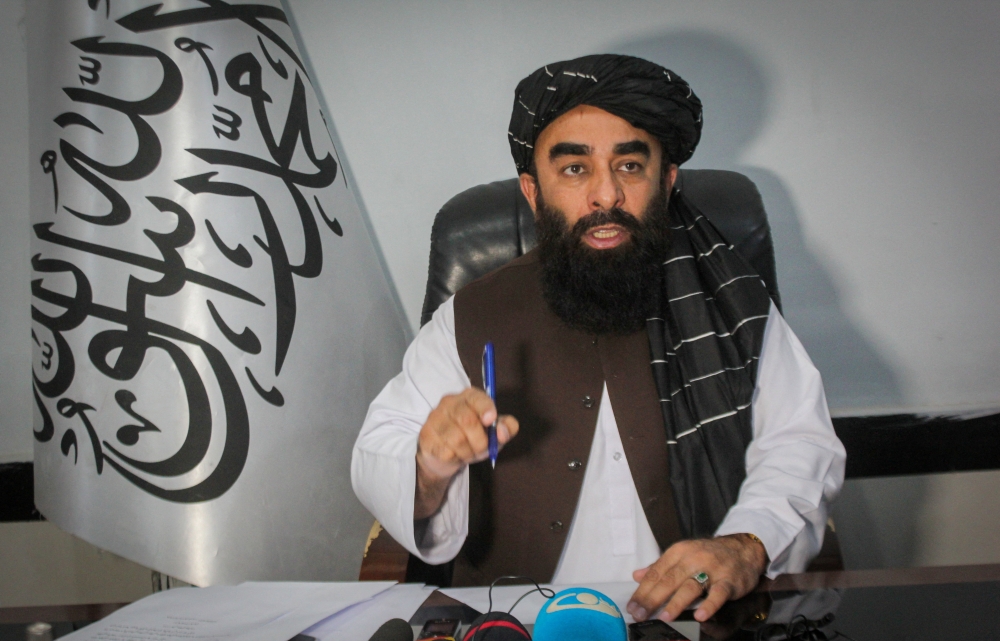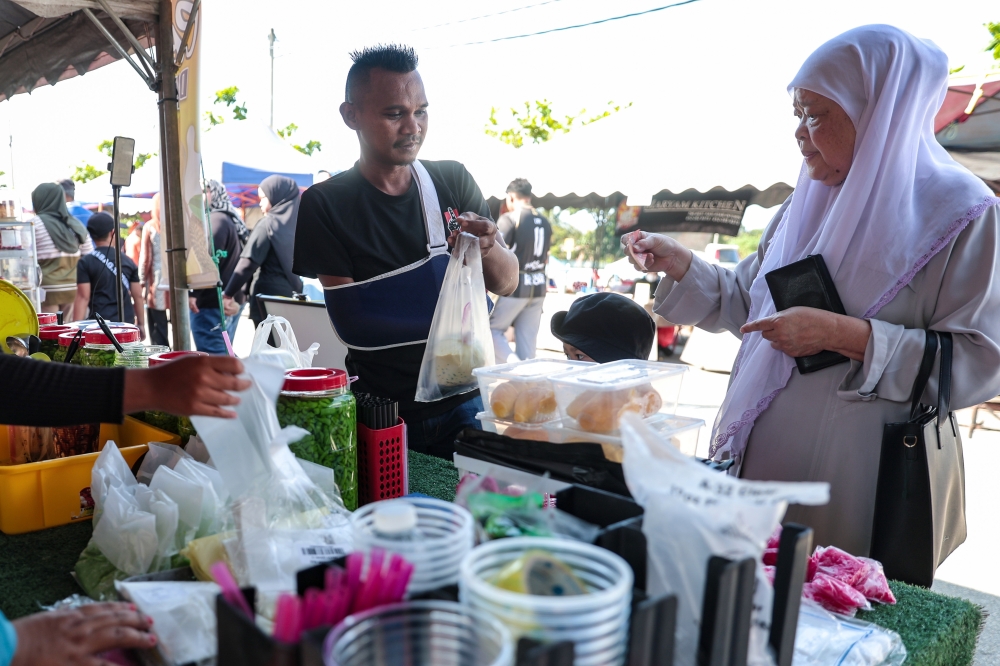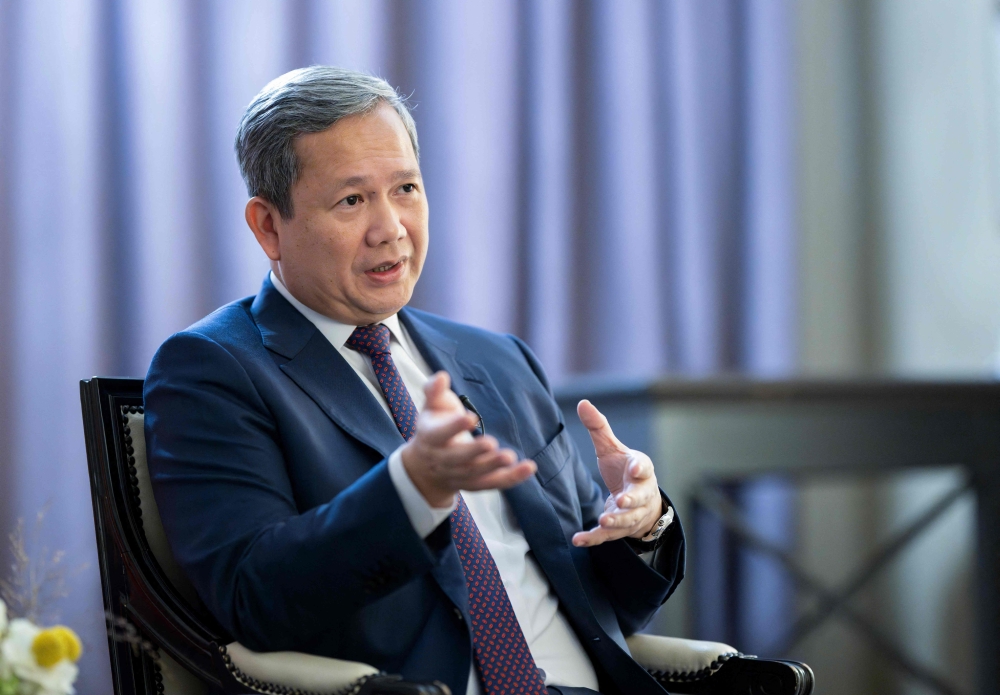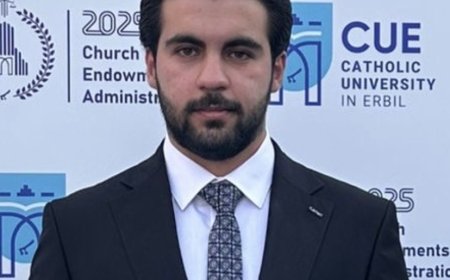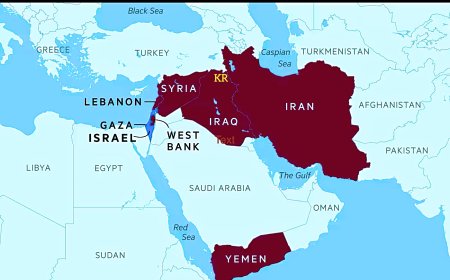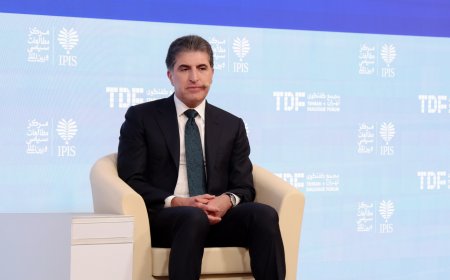President Nechirvan Barzani and current Middle Eastern conflicts
Michael EJ Phillips / Lecturer in the Department of French at the College of Languages, Salahaddin University
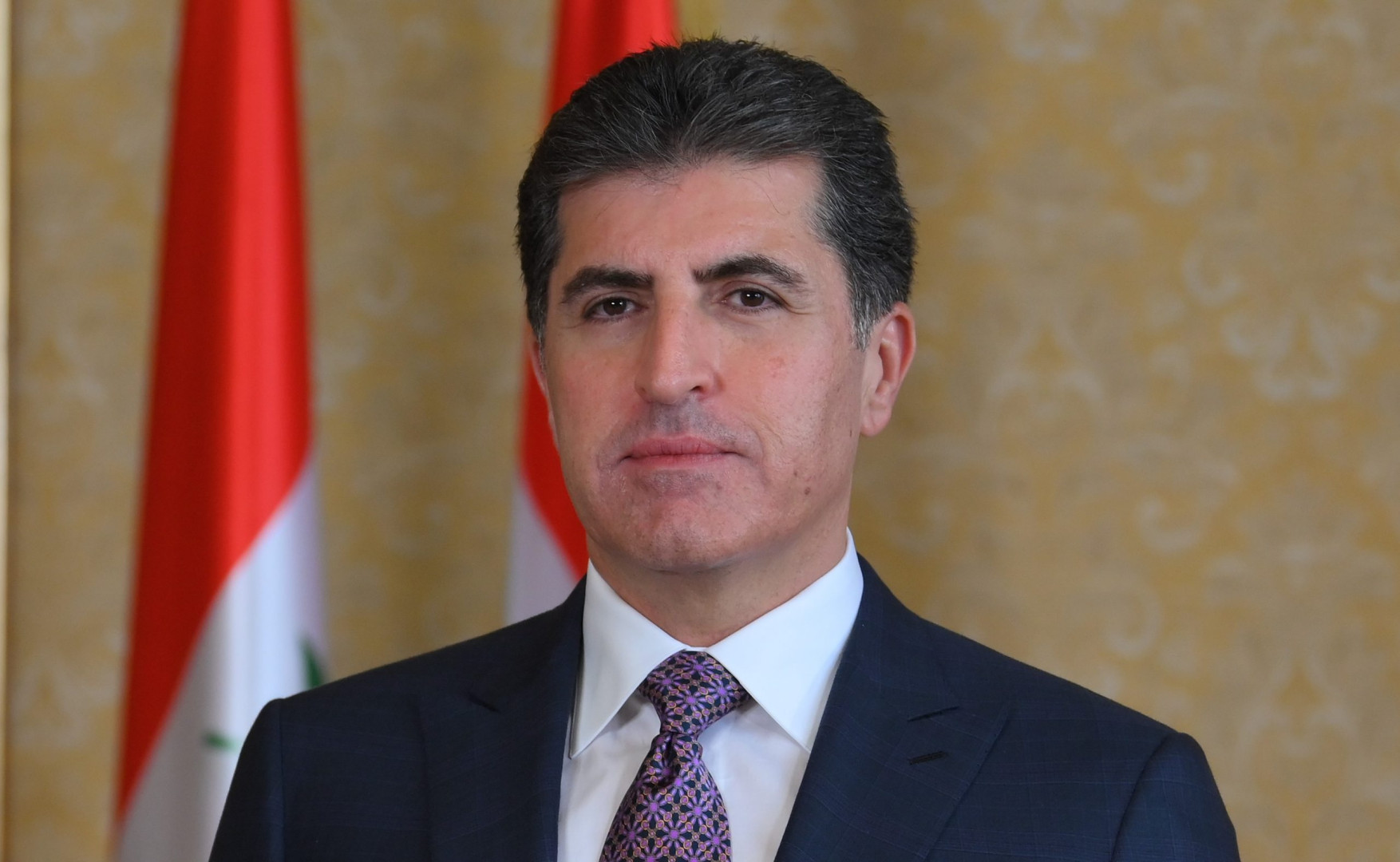
Recent events have shown more than ever that there is a critical need for stable, measured and dialogue-based approaches to the overall situation in the Middle East. The last few months have seen conflict over Gaza, clashes between Lebanon and Syria, expansion of Israeli operations in the West Bank, a surge in Houthi-Israeli hostilities, not to mention the fall of the Syrian government. On 13 June 2025, Israel launched a series of attacks on Iran, with the ostensible aim of thwarting Iran’s expansion of its nuclear weapons programme. Iran therefore retaliated, which has set in motion a series of tit-for-tat attacks on each other, raising the spectre of a regional conflict which may expand into all-out war.
The situation is clearly an evolving one, and it is at this stage that the absolute priority be on dialogue, discussion and a peaceful resolution to current differences. As the angry rhetoric intensifies between the two sides, hot-headedness hastiness must not be allowed to prevail. Given its location, Iraq is caught right in the middle of it all, with rockets flying overhead day and night from Israel to Iran and vice-versa. There have also been suicide drones targeting various locations within the Iraqi Kurdistan Region. If the situation spirals out of control, the consequences are unthinkable. The very last thing that Iraq needs is to be part of another war, especially given the history of relations between Iraq and Iran.
President Nechirvan Barzani has emerged as a prominent figure within the field of international diplomacy, principally within the Middle East but also further afield. He has established a reputation as a peacemaker; someone who advocates for a calm and measured approach to disagreement and conflict. As an example, President Nechirvan Barzani was instrumental in recent negotiations between the Kurdistan Workers’ Party (PKK) and Türkiye which resulted in its disbanding in May 2025. In his official statement on the matter, he said, “This step reflects political maturity and lays the groundwork for genuine dialogue, which will promote coexistence and stability in Türkiye and the wider region…bringing an end to years of conflict and hardship while guiding the region towards new avenues of advancement…we reaffirm the Kurdistan Region’s unwavering support for all endeavours aimed at achieving peaceful conflict resolution.”
Representing Iraq at the funeral of Pope Francis in April, President Nechirvan Barzani joined world leaders including President Donald Trump of the United States and Emmanuel Macron, President of France. His place there was significant, as it illustrated his and the late Pope’s mutual belief in dialogue and discussion. When meeting Grand Ayatollah Ali al-Sistani in Najaf during his historic visit to Iraq, for example, Pope Francis had said, “Peace does not demand winners or losers, but brothers and sisters who, despite misunderstandings and past wounds, choose the path of dialogue.”
President Nechirvan Barzani has forged a role in maintaining a delicate balancing act between the interests of Iraq, regional neighbours and partners such as Iran, Türkiye, Syria, Jordan, Saudi Arabia, Qatar and the United Arab Emirates among others, as well as Western allies such as the United States, France, and the United Kingdom to name but three. His strong belief in the need for rationality, reason and tolerance when dealing with others was something inherited from his father, Idris Mustafa Barzani. Most importantly, the greater value of listening first, weighing up opinions from all sides, and taking decisions after careful consideration of such perspectives. This is something of which his own son, Idris Nechirvan Barzani, is fully convinced. He himself promotes such a message of peace and community development through the Rwanga Foundation of which he is patron.
We certainly live in uncertain times, with the next days and weeks ahead being critical for the whole Middle East. President Nechirvan Barzani is working hard to bring all sides to the table both in terms of internal Iraqi issues, for example ongoing disputes between Baghdad and Erbil. He also spoke by telephone with the Foreign Secretary of Iran, Abbas Araghchi, on 17 June 2025. Both parties acknowledged the significance of upholding peace and stability in the region while steering clear of escalating tensions. In the context of the established security agreement between Iraq and the Islamic Republic of Iran, President Nechirvan Barzani reiterated the region’s dedication to upholding the agreement.


